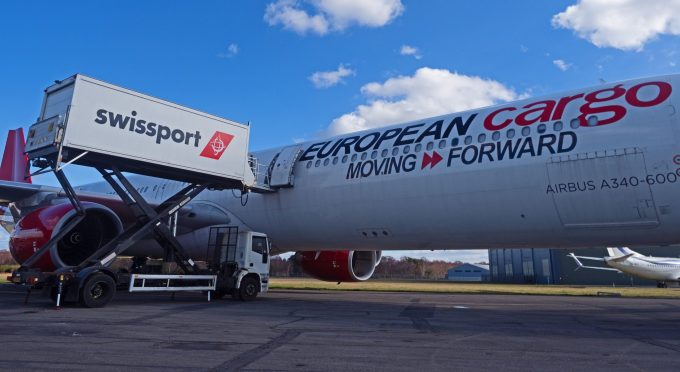India ready to lower US tariffs in exchange for concessions
India has agreed to the US Terms of Reference for the bilateral trade agreement, after ...

High air freight rates have triggered a flurry of cargo applications from a wide range of airlines, big and small, to operate to the US.
Hainan Airlines is to launch a three-times-a-week operation between Shanghai and Los Angeles, using a 787-9 configured for cargo, following approval last week from the US Department of Transport (DoT).
However, the DoT ruled that the carrier, in line with other Chinese airlines, is not permitted to serve US destinations on a “coterminal basis” or “otherwise expand ...
'Disastrous' DSV-Schenker merger would 'disrupt European haulage market'
New senior management for DSV as it readies for DB Schenker takeover
Volumes set to 'fall off a cliff' as US firms hit the brakes on sourcing and bookings
Asian exporters scramble for ships and boxes to beat 90-day tariff pause
Amazon pushes into LTL for small package fulfilment and UPS does a u-turn
Temporary tariff relief brings on early transpacific peak season
Pre-tariff rush of goods from US to China sees air rates soar, but not for long
Forwarders 'allowing the fox into the chicken run' by supporting 'hungry' carriers


Comment on this article